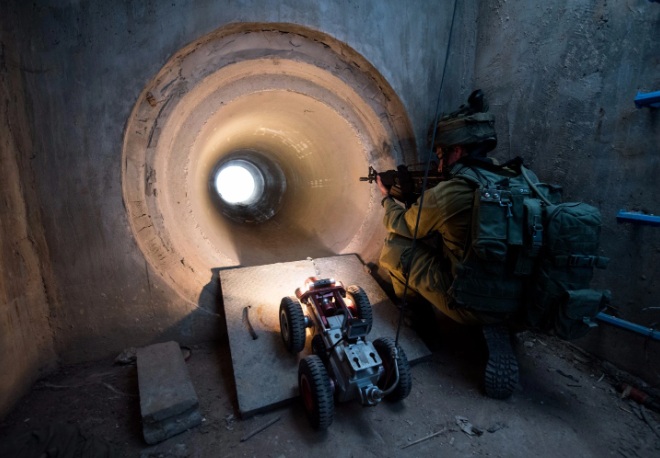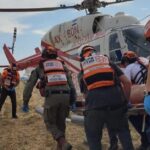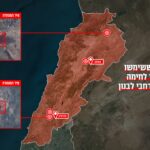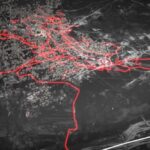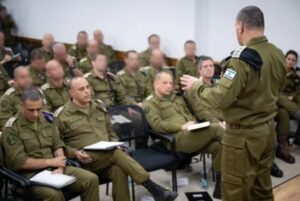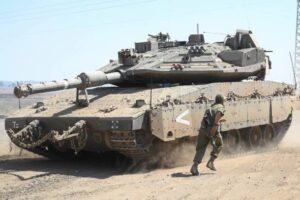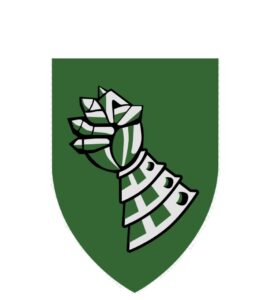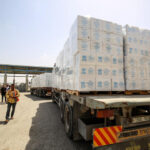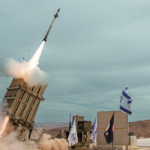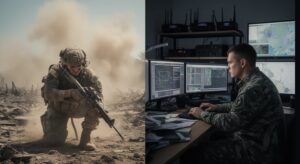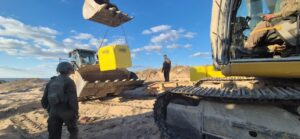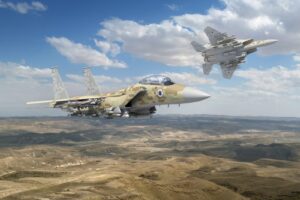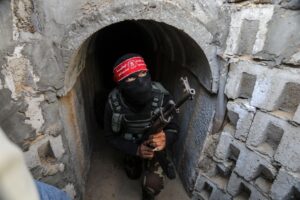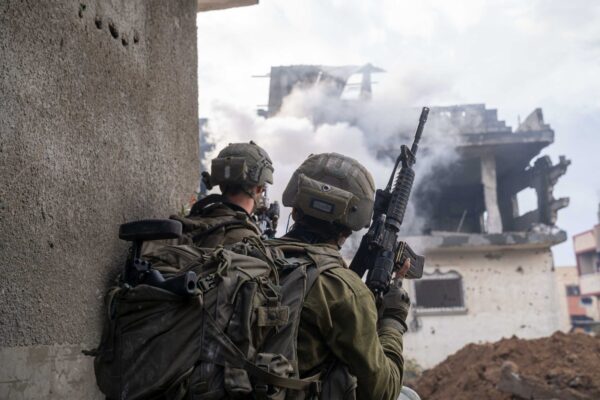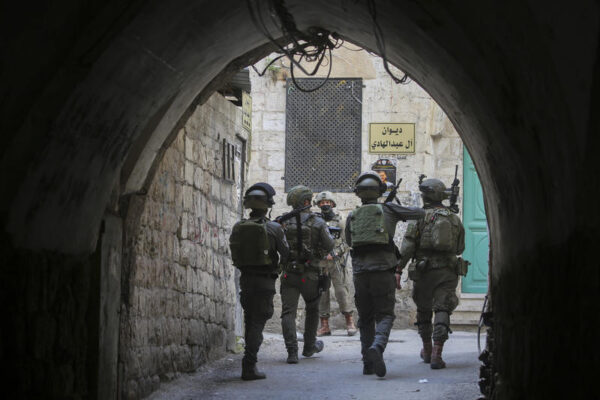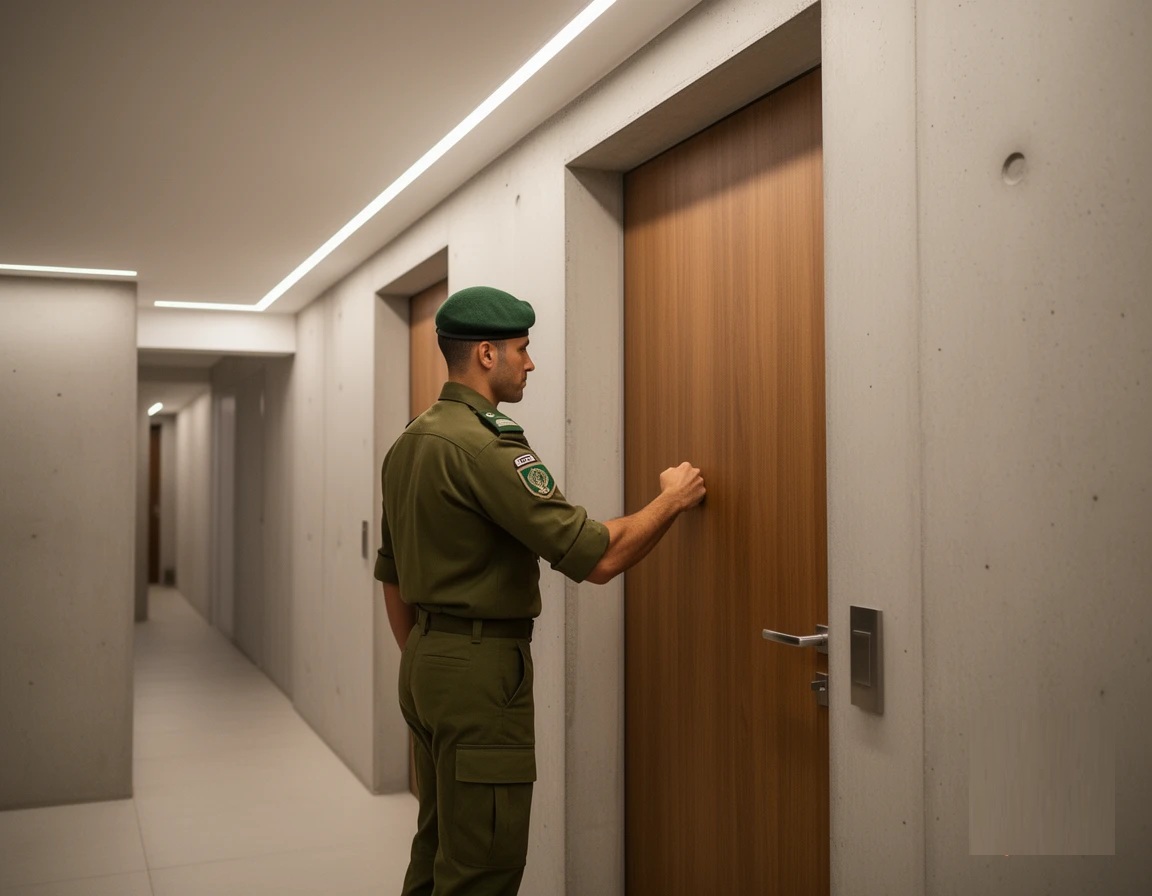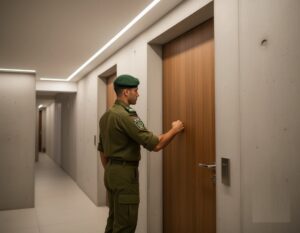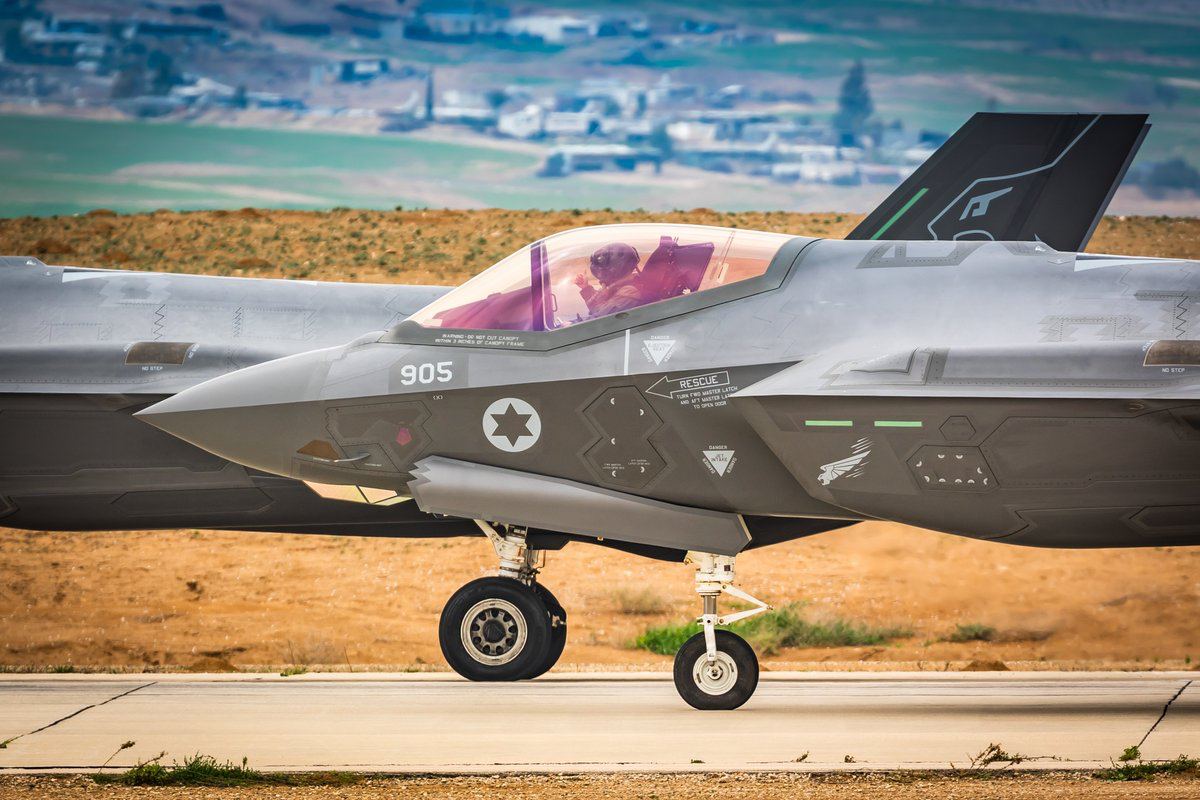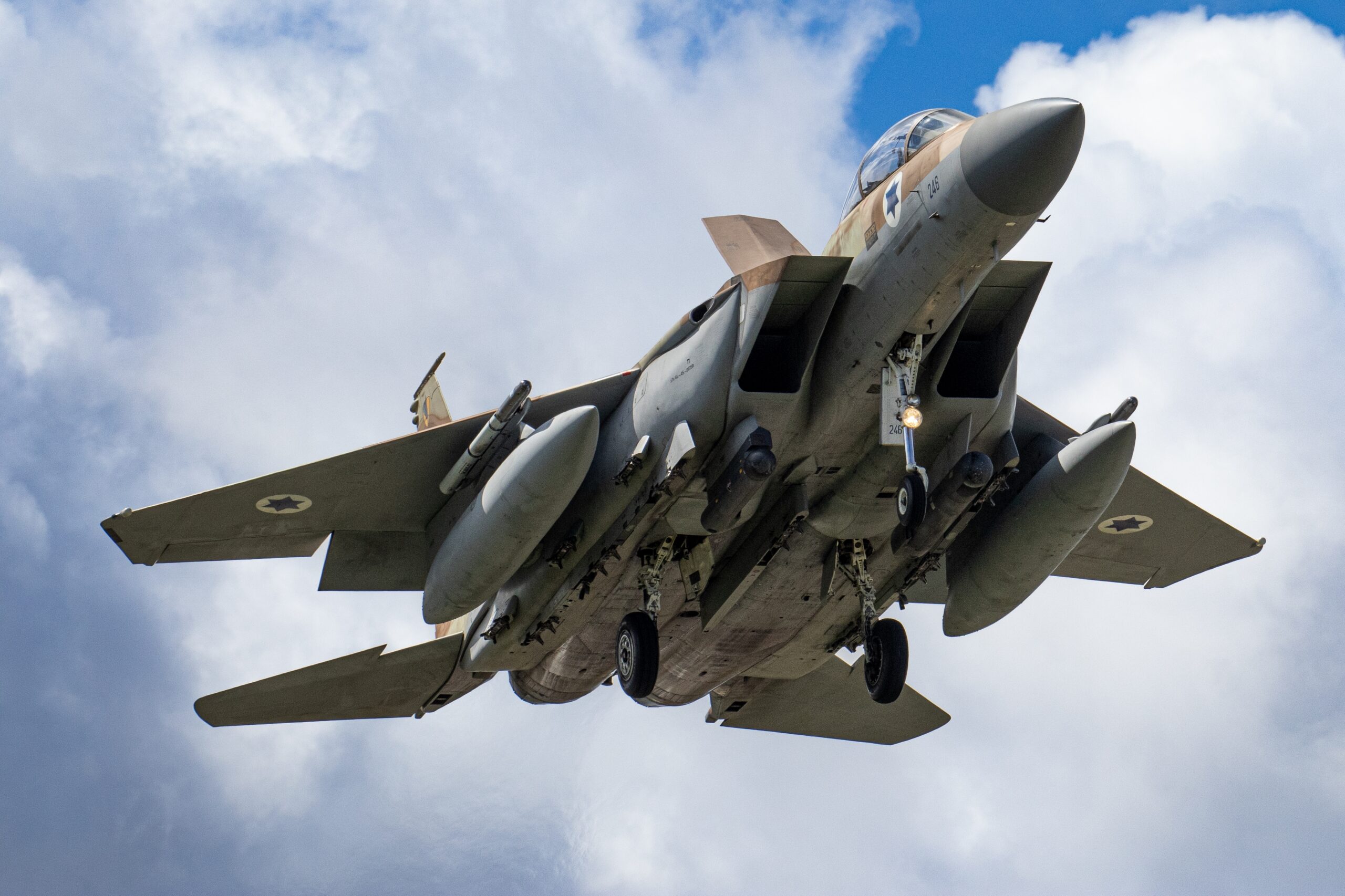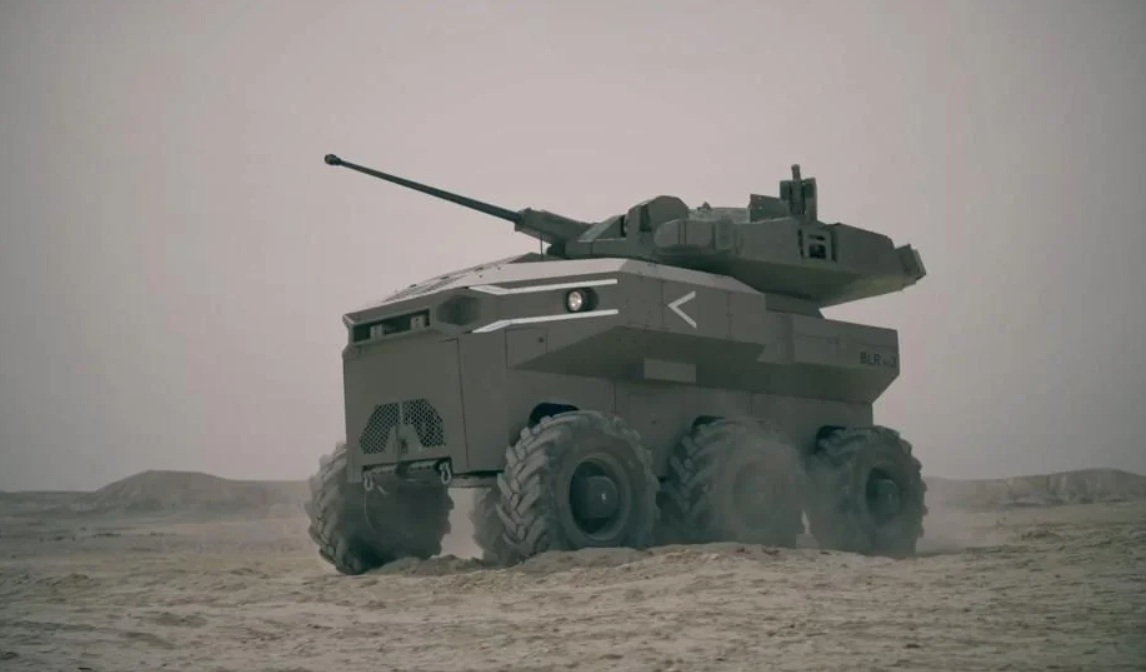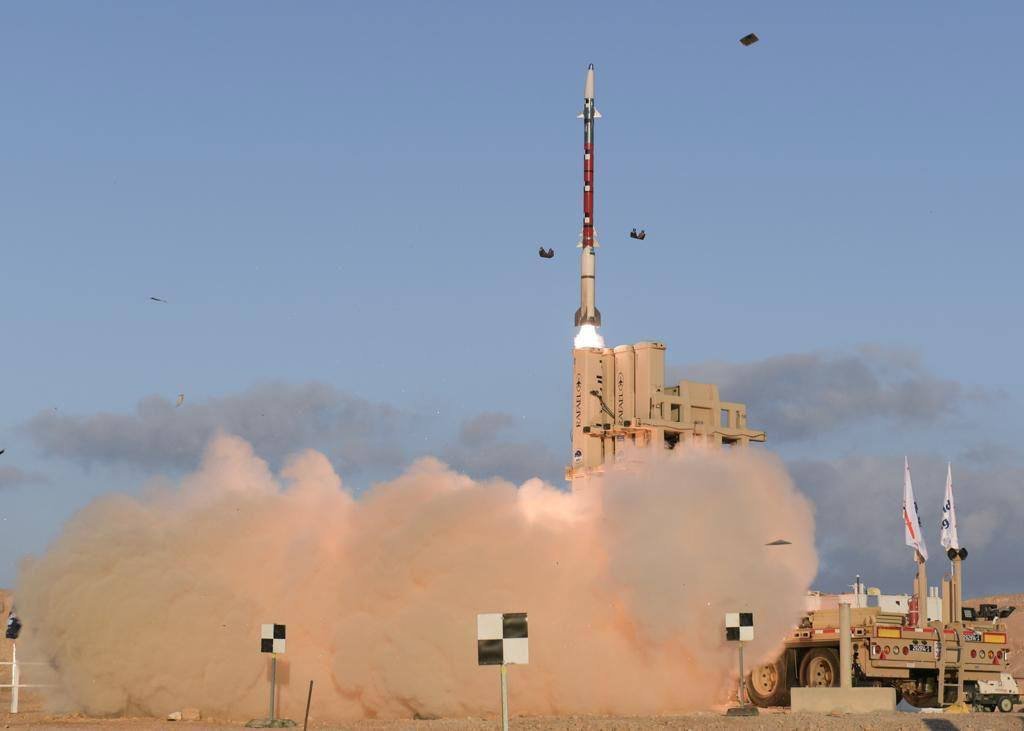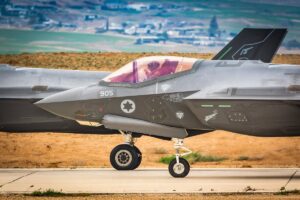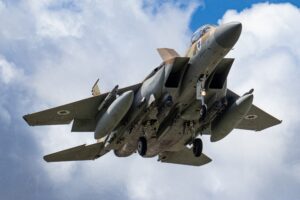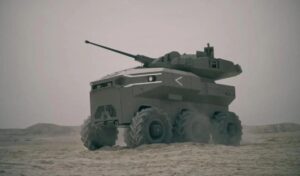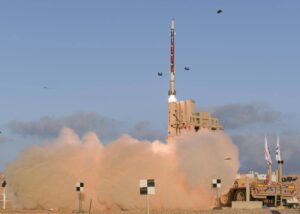One of the most promising developments is the deployment of advanced tunnel exploration robots.
Hezy Laing
The IDF already uses semi-autonomous vehicles, mainly in border patrols.
But this usage is set to greatly expand.
The IDF is rapidly advancing its robotic capabilities, unveiling a new generation of autonomous systems designed to enhance operational effectiveness and reduce human risk in combat zones.
These innovations span a wide range of applications, from tunnel exploration to explosive detection, and signal a strategic shift toward automation and artificial intelligence in modern warfare.
One of the most promising developments is the deployment of advanced tunnel exploration robots.
These machines are engineered to navigate and map Hamas’s underground tunnel networks, a persistent threat in the region.
With capabilities such as stair climbing, obstacle jumping, and real-time video transmission, these robots are being refined to operate autonomously in GPS-denied environments, making them invaluable in subterranean missions where human access is limited or dangerous.
In parallel, the IDF is testing autonomous explosive detection units designed to lead infantry and armored columns through potentially hazardous terrain.
These robots are equipped with ground-penetrating sensors and AI-based threat recognition systems, enabling them to detect buried explosives—even those concealed beneath asphalt.
Their primary goal is to reduce casualties from ambushes and improvised explosive devices (IEDs), offering a safer path forward for troops.
The IDF is also investing heavily in next-generation combat engineering robots, building on the success of its existing Panda platform.
A recent $26 million contract with Israel Aerospace Industries will dramatically expand the fleet of unmanned bulldozers, which are used for tasks such as clearing obstacles, constructing fortifications, and supporting armored operations.
These robust machines are being adapted for remote and autonomous control, allowing for greater flexibility and reduced exposure to enemy fire.
Urban warfare and reconnaissance missions are set to benefit from the deployment of Micro Tactical Ground Robots (MTGR).
Developed by Roboteam, these compact and agile units are designed to operate in confined environments such as buildings, tunnels, and other tight spaces.
Already in limited use, the MTGRs are expected to scale up in deployment, offering real-time intelligence and surveillance capabilities in complex urban settings.
Looking further ahead, the IDF’s Ground Forces Technology Division is exploring AI-enhanced autonomous systems capable of making tactical decisions with minimal human input.
Although still in the early stages of development, these systems represent a long-term vision of reducing human presence in high-risk zones.
By integrating advanced machine learning algorithms and situational awareness technologies, the IDF aims to create robots that can adapt to dynamic combat scenarios and support strategic decision-making on the battlefield.
Together, these innovations underscore the IDF’s commitment to leveraging cutting-edge technology to maintain operational superiority and safeguard its personnel.


